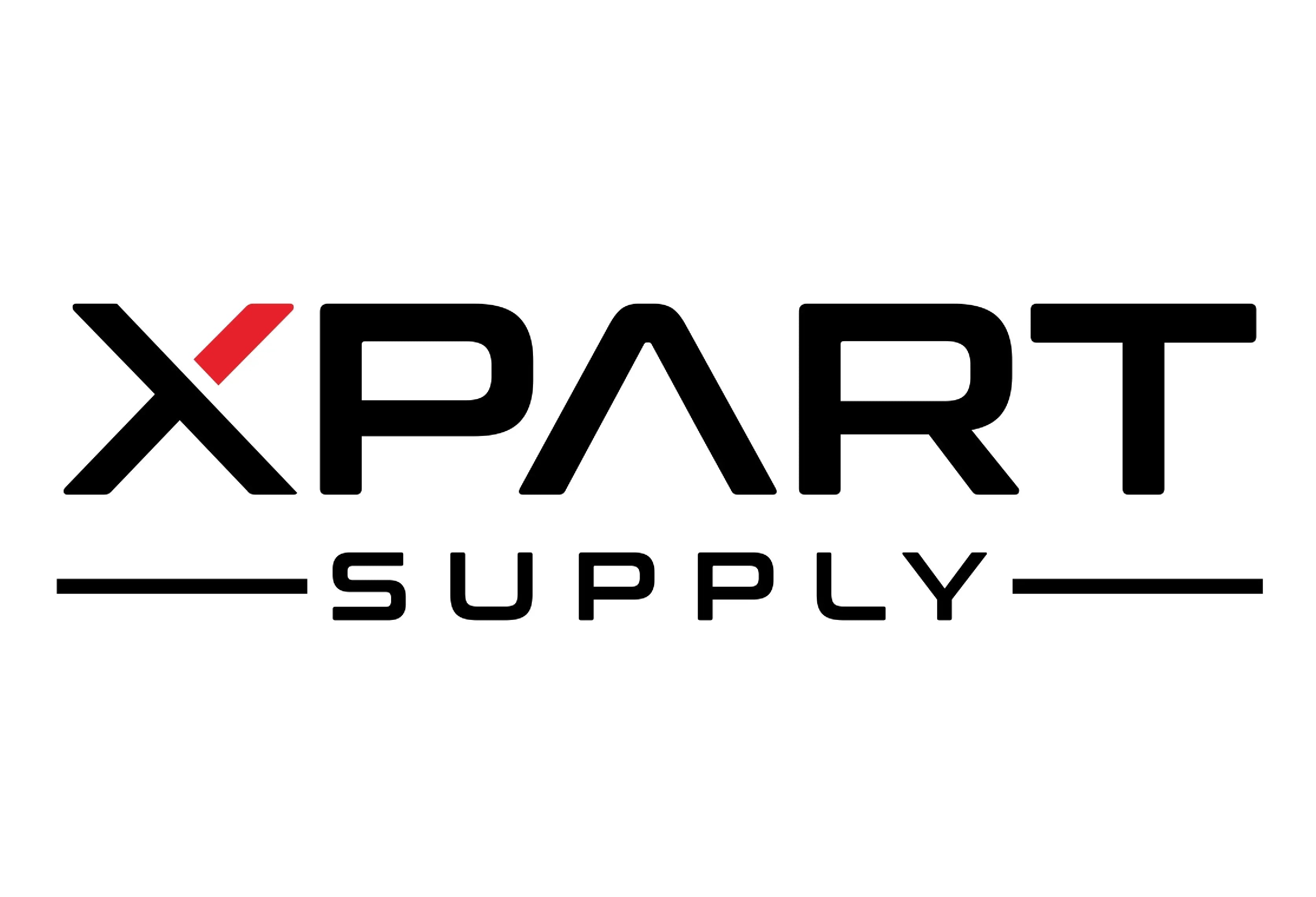When it's time to replace your old appliances, proper disposal is crucial for both environmental protection and compliance with local regulations. Here's your complete guide to recycling old appliances responsibly.
Why Proper Appliance Recycling Matters
Old appliances contain valuable materials like steel, copper, and aluminum that can be recovered and reused. They also contain harmful substances like refrigerants, mercury, and lead that must be handled safely to prevent environmental contamination.
Appliances That Require Special Handling
-
Refrigerators and Freezers: Contain refrigerants that deplete the ozone layer
-
Air Conditioners: Also contain harmful refrigerants
-
Washers and Dryers: Heavy metals and electronic components
-
Dishwashers: Metal components and electrical parts
-
Stoves and Ovens: Gas connections and electrical components
-
Water Heaters: May contain hazardous materials
Recycling Options
1. Retailer Take-Back Programs
Many appliance retailers offer free haul-away services when you purchase a new appliance. This is often the most convenient option and ensures proper disposal.
2. Utility Company Programs
Some utility companies offer rebates for recycling old, energy-inefficient appliances. Check with your local utility provider for available programs.
3. Municipal Collection Programs
Many cities and towns have special collection days for large appliances or permanent drop-off locations. Contact your local waste management department for details.
4. Certified Recycling Centers
Look for recycling centers certified by the Responsible Appliance Disposal (RAD) program, which ensures environmentally sound practices.
Preparation Steps
-
Remove all contents and clean the appliance
-
Disconnect safely - turn off power and water connections
-
Remove doors from refrigerators and freezers for safety
-
Check for recalls - some appliances may qualify for manufacturer take-back
-
Remove personal items and check all compartments
What Happens During Recycling
Professional recyclers will:
- Safely remove and dispose of refrigerants and other hazardous materials
- Separate materials like steel, copper, aluminum, and plastic
- Process materials for reuse in new products
- Ensure compliance with environmental regulations
Cost Considerations
Recycling costs vary by location and service:
-
Free options: Retailer programs, utility rebates, municipal collection
-
Paid services: Private hauling services ($50-150 per appliance)
-
DIY drop-off: Usually free at certified centers
Environmental Benefits
Proper appliance recycling:
- Prevents harmful chemicals from entering landfills
- Recovers valuable materials for reuse
- Reduces the need for mining new materials
- Saves energy compared to manufacturing from raw materials
Legal Requirements
In many areas, it's illegal to dispose of appliances in regular trash due to environmental concerns. Always check local regulations and use approved disposal methods.
Tips for Success
- Plan ahead - schedule pickup or drop-off in advance
- Get quotes from multiple services if paying for removal
- Keep receipts for tax deductions if applicable
- Consider donating working appliances to extend their useful life
By following these guidelines, you'll ensure your old appliances are disposed of responsibly while potentially saving money and supporting environmental protection efforts.


